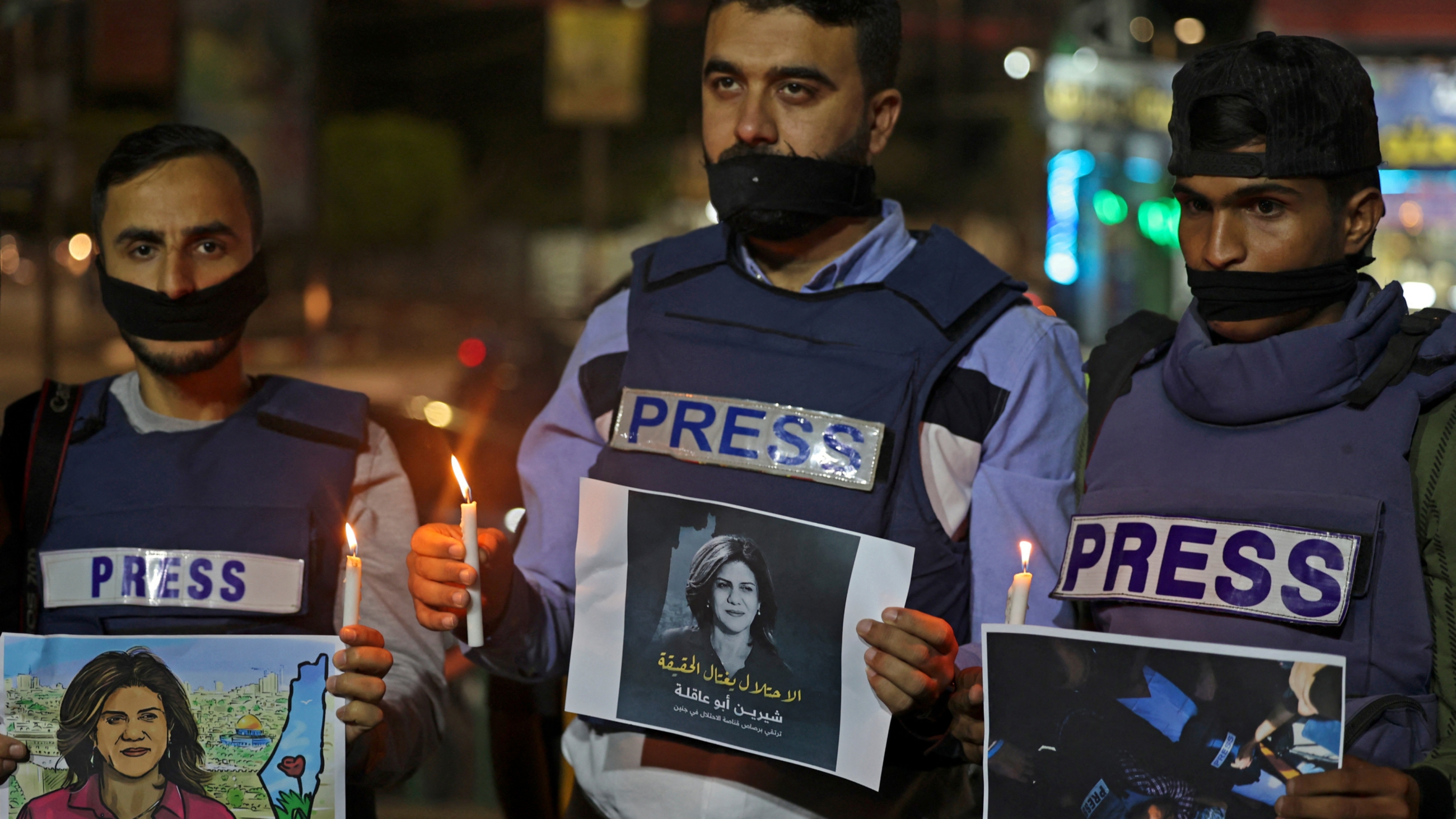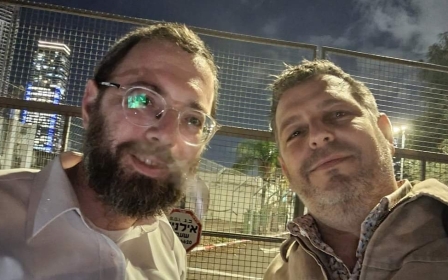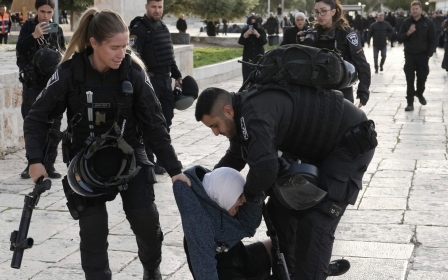Israel's military killed 20 journalists in 22 years, but 'no one has been held accountable'

Israel has failed to hold any person accountable for the killing of 18 Palestinian and two foreign journalists over the past 22 years, according to a report published on Tuesday by the Committee to Protect Journalists (CPJ).
In its report, "Deadly Pattern," CPJ reveals that since the death of Muhammad al-Bishawi, a journalist from the city of Nablus, in an Israeli air strike in July 2001, Israeli forces have not held anyone accountable for killing a journalist.
The report was commissioned for the first anniversary of the killing of the Palestinian-American Al Jazeera journalist Shireen Abu Akleh by Israeli forces in the occupied West Bank city of Jenin, while on assignment covering a raid on the city.
Bishawi was killed by a missile while interviewing a Hamas leader in Nablus during the peak days of the Second Intifada.
New MEE newsletter: Jerusalem Dispatch
Sign up to get the latest insights and analysis on Israel-Palestine, alongside Turkey Unpacked and other MEE newsletters
When CJP asked the Israeli military in an email about Bishawi's case, it did not respond, but it said that “it sees great importance in preserving the freedom of the press and the professional work of journalists”.
Robert Mahone, CPJ’s director of special projects and one of the report’s editors, said in a statement: "The killing of Shireen Abu Akleh and the failure of the army’s investigative process to hold anyone responsible is not a one-off event.
"It is part of a pattern of response that seems designed to evade responsibility. Not one member of the IDF has been held accountable in the deaths of 20 journalists from Israeli military fire over the last 22 years.”
The report also criticised Israel for hindering the work of journalists and smearing those killed as "terrorists", and for destroying media infrastructure, notably the bombing and complete knockdown of the 12-story al-Jalaa Building on 15 May 2021 in the Gaza Strip, which included the offices of the Associated Press and Al-Jazeera.
'The IDF’s procedure for examining military killings of civilians such as journalists is a black box'
- CPJ report
It said that targeting journalists was part of Israeli forces' pattern and routine. "The IDF’s procedure for examining military killings of civilians such as journalists is a black box," the report said.
"There is no policy document describing the process in detail and the results of any probe are confidential. When probes do take place, the Israeli military often takes months or years to investigate killings, and families of the mostly Palestinian journalists have little recourse inside Israel to pursue justice."
Thirteen of the journalists killed by Israeli forces were clearly marked as press at the time of their deaths, including Abu Akleh, and Fadel Shana, a Reuters camera operator, who was standing next to a vehicle with TV and Press insignias when he was shot in the Gaza Strip in 2008.
Sherif Mansour, CPJ’s Middle East and North Africa programme coordinator, said: "The degree to which Israel claims to investigate journalist killings depends largely on external pressure.
"There are cursory probes into the deaths of journalists with foreign passports, but that is rarely the case for slain Palestinian reporters. Ultimately, none has seen any semblance of justice.”
In April 2022, a formal complaint was filed with the International Criminal Court (ICC), alleging that Israel’s “systematic targeting” of Palestinian journalists and its failure to investigate their killings amount to war crimes.
The complaint was filed by the International Federation of Journalists, the Palestinian Journalists Syndicate and the International Centre of Justice for Palestinians. The ICC Prosecutor’s Office formally acknowledged receipt of the complaint on 25 April.
In November, it was revealed that Israel's security service Shin Bet has been using a database collected from mobile phone companies to monitor the activity of journalists in both criminal and security-related investigations.
Middle East Eye delivers independent and unrivalled coverage and analysis of the Middle East, North Africa and beyond. To learn more about republishing this content and the associated fees, please fill out this form. More about MEE can be found here.




